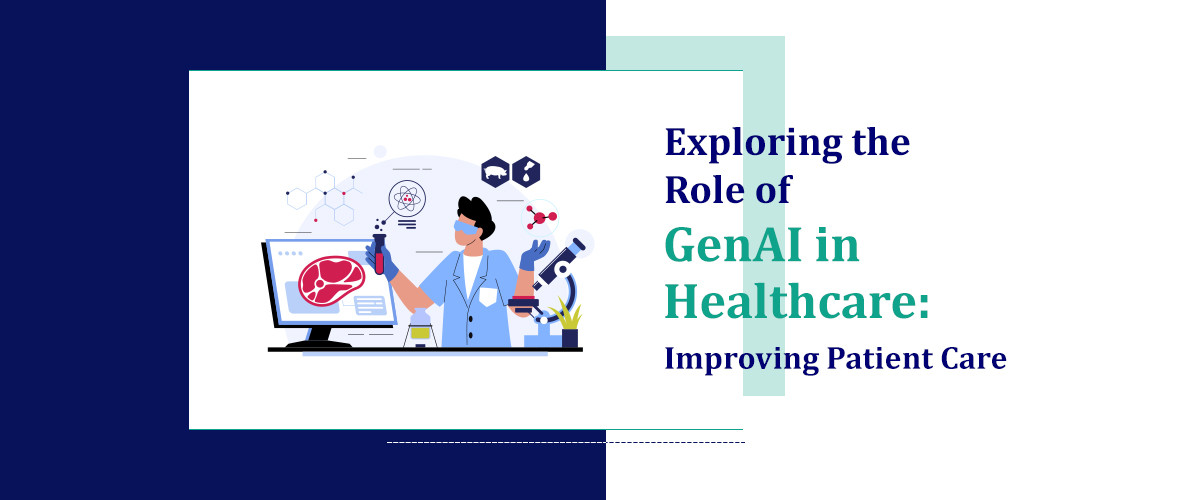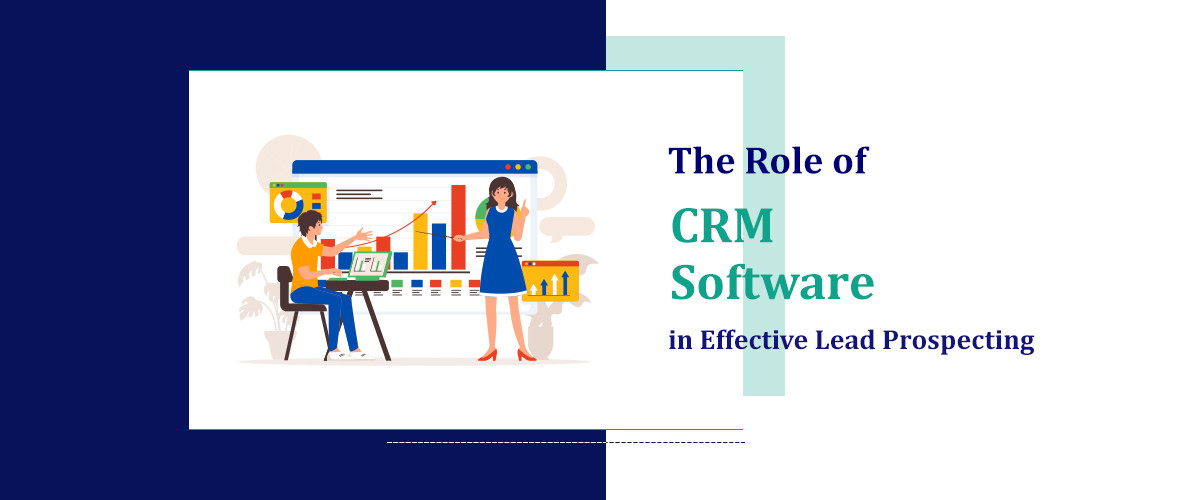What we'll cover
In recent years, the intersection of genetics and artificial intelligence (GenAI) has ushered in a new era of possibilities in healthcare. The integration of advanced technologies like machine learning and genetic analysis has the potential to revolutionize patient care, offering personalized and targeted treatment plans.
This article delves into the evolving landscape of GenAI in healthcare, highlighting its role in improving patient care.
Patient care before GenAI: major issues affecting efficiency
Before the advent of GenAI and the integration of advanced technologies into healthcare, the field faced several challenges that impacted patient care. Some of the key issues included:
-
One-size-fits-all treatment
Traditional healthcare often relied on standardized treatment plans that were not tailored to individual variations in genetics, lifestyle, and other factors. This approach led to suboptimal outcomes for many patients, as treatments were not personalized to their specific needs and genetic makeup.
-
Delayed diagnoses
Diagnostic processes were time-consuming, and delays in obtaining test results could hinder timely intervention. The lack of rapid and accurate diagnostic tools contributed to delays in identifying diseases at early stages, when interventions are often more effective.
-
Limited predictive capability
Predicting the risk of diseases and complications was challenging without the advanced analytical capabilities that GenAI provides. Healthcare software providers had limited tools to foresee potential health issues, leading to reactive rather than proactive healthcare strategies.
-
Incomplete patient data utilization
The utilization of patient data, particularly in electronic health records (EHRs), was often limited by the challenge of extracting valuable information from unstructured data. This hindered healthcare providers' ability to comprehensively analyze patient histories and make informed decisions.
-
Fragmented healthcare systems
Healthcare systems were often fragmented, with limited interoperability between different components such as hospitals, clinics, and laboratories. This lack of integration made it challenging to share and access patient data seamlessly, affecting the continuity and coordination of care.
-
High healthcare costs
The absence of personalized treatment plans and efficient diagnostic tools contributed to unnecessary healthcare expenses. Patients may undergo multiple tests and treatments without the assurance that they are receiving the most effective and cost-efficient care.
-
Patient engagement and adherence
Patients often faced challenges in engaging with their healthcare providers and adhering to treatment plans. The lack of personalized guidance and support systems made it difficult for patients to actively participate in their care and make informed decisions about their health.
-
Limited preventive care
The focus in healthcare was predominantly on treating existing conditions rather than preventing them. Preventive care strategies were not as widely implemented, contributing to the prevalence of chronic diseases and missed opportunities for early intervention.
-
Data security and privacy concerns
The handling of patient data raised concerns about security and privacy. Without robust measures in place, there was a risk of unauthorized access, leading to potential breaches of sensitive health information.
-
Inefficiencies in drug development
Drug development processes were time-consuming and expensive. Lack of targeted approaches and reliance on trial-and-error methods in drug development contributed to delays in bringing new and effective treatments to market.
Introducing GenAI to healthcare:
The introduction of GenAI in healthcare aims to address many of these challenges by providing advanced analytics, personalized treatment strategies, and improved predictive capabilities. By leveraging genetic information and artificial intelligence, healthcare can transition towards a more patient-centered, proactive, and efficient model.
-
Genetic data analysis
GenAI leverages sophisticated algorithms to analyze vast amounts of genetic data quickly and accurately. This capability allows healthcare providers to identify genetic predispositions to various diseases, enabling early detection and intervention. Genetic data analysis helps in predicting an individual's susceptibility to certain conditions, allowing for proactive measures to be taken.
-
Precision medicine
The concept of precision medicine revolves around tailoring medical treatment to the unique characteristics of each patient. GenAI plays a pivotal role in precision medicine by integrating genetic information with clinical data. This approach allows healthcare professionals to develop personalized treatment plans, optimizing efficacy and minimizing side effects.
-
Diagnosis and risk assessment
GenAI aids in the more accurate and efficient diagnosis of diseases by analyzing genetic markers associated with specific conditions. Additionally, it facilitates risk assessment for certain diseases, enabling healthcare providers to implement preventive measures and lifestyle interventions. Early identification of genetic risks can significantly improve patient outcomes.
-
Drug development and targeted therapies
GenAI expedites the drug development process by identifying potential targets based on genetic information. This targeted approach enhances the effectiveness of medications while minimizing adverse effects. Personalized therapies can be designed to suit the genetic makeup of individual patients, leading to more successful treatment outcomes.
-
Predictive analytics and forecasting
With the integration of GenAI, healthcare systems can utilize predictive analytics to anticipate disease trends and population health outcomes. This allows for better resource allocation, improved public health strategies, and the development of preventive measures based on genetic insights.
-
Data security and privacy concerns
Despite the immense potential of GenAI in healthcare, there are significant concerns regarding the security and privacy of genetic data. Striking a balance between utilizing genetic information for medical advancements and safeguarding patient privacy is crucial. Stringent ethical standards and robust security measures must be in place to protect sensitive genetic data from unauthorized access.
-
Patient empowerment and informed decision-making
GenAI empowers patients by providing them with valuable genetic insights into their health. Armed with this information, individuals can make informed decisions about lifestyle choices, preventive measures, and potential treatment options. Patient education and counseling play a vital role in ensuring that individuals understand and can actively participate in managing their health based on genetic information.
Conclusion
The integration of GenAI into healthcare represents a groundbreaking approach to improving patient care. From personalized treatment plans to early disease detection and predictive analytics, the synergy of genetics and artificial intelligence is reshaping the medical landscape.
As technology advances and ethical considerations are carefully navigated, the role of GenAI in healthcare is poised to bring about transformative changes that enhance the quality of patient care on a global scale.
While GenAI holds immense promise, challenges such as data standardization, interoperability, and ethical considerations must be addressed. Continued research, collaboration between stakeholders and digital partners, and the development of robust regulatory frameworks are essential to unlocking the full potential of GenAI in healthcare.


.jpg)

